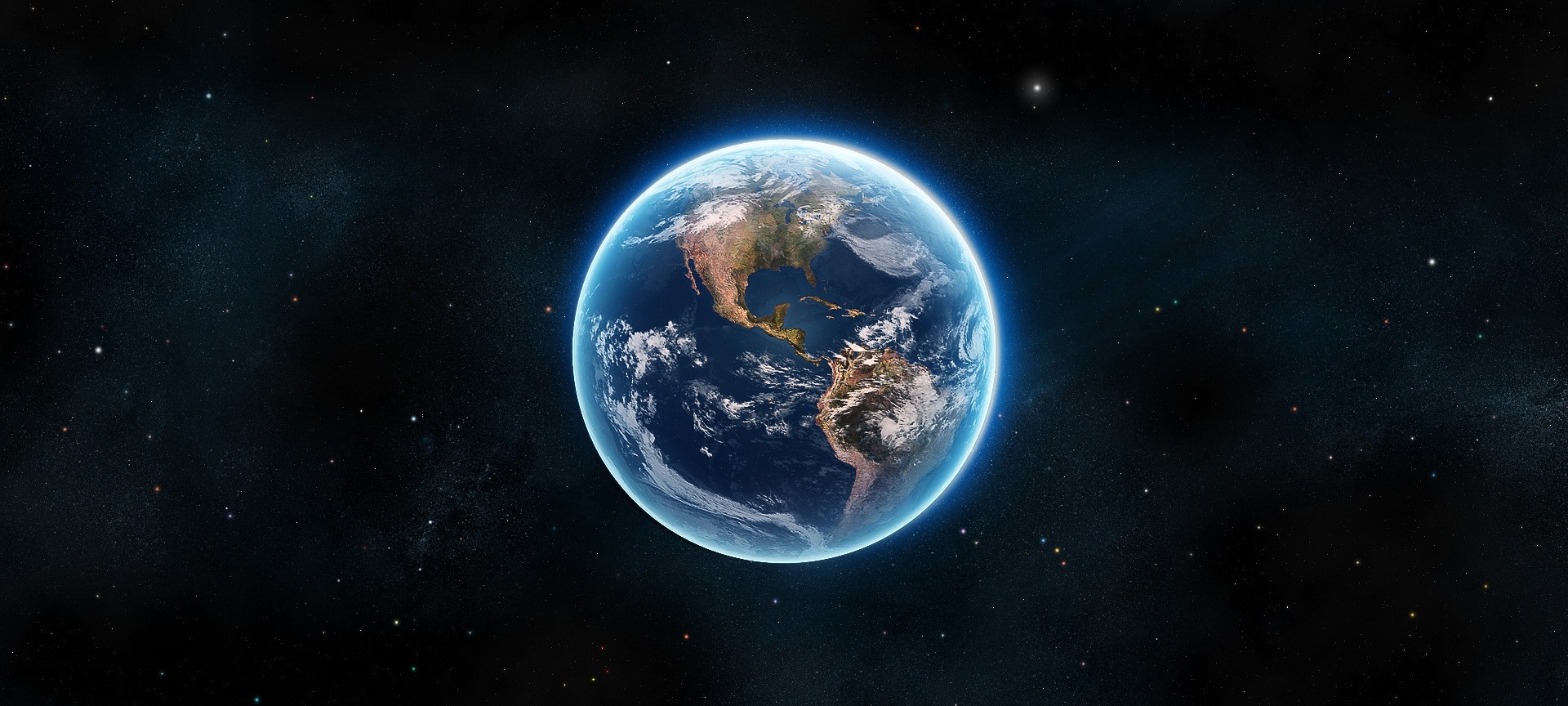Origin Of Earth's Oceans
When you look at the Earth from outer space, you can easily say that the Earth is nothing more than a world of water. More than 70% of its surface is covered by oceans, to an average depth of 3,700 metres, but where did all the water come from?

Oceans have not always existed on our planet. And the water within them has arrived many hundreds of millions of years after the Earth first took shape, 4.5 billion years ago. Back then, the surface of our planet was burning like hell, volcanic and completely dry.
Most of the water on the surface of the Earth at this time came from the rocks and ice that had merged to form it in the first place. But the early baby Earth had trouble keeping that water. Without a fully-developed atmosphere, the water molecules escaped the Earth and boiled off into space. So, before the oceans could get to our planet, our planet had to form.
Around 500 million years into its life, the atmosphere and temperature had stabilised on Earth and the water vapour that had been driven into the air began to condense out. And it rained. And rained, and rained... Possibly for millennia. The Earth now had some water on its surface. But our planet did not contain nearly the amount of water we see on our planet today due to the warm conditions.

Comet Bombardment
Most of our oceans arrived from elsewhere. Around the same time as the deluge was raining down on the surface of the Earth, the inner planets of our Solar System were pummelled by comets and asteroids that were rich in alien water. The evidence for these events, known collectively as the Late Heavy Bombardment, are carved into the surface of the Moon.
No-one knows how many objects hit the Earth and how much water they brought. But this period of intense bombardment lasted from 4.5 billion to 3.8 billion years ago and, by the end of it, the Earth had all of its oceans.
We are lucky, the Earth faced neither runaway glaciation nor did its water inexorably boil away. A billion years into its life, it finally had all the pieces in place - a stable atmosphere, perfect position in the solar system and a clement environment - to maintain the vast, defining oceans that we see today.
Hi! I am a robot. I just upvoted you! I found similar content that readers might be interested in:
http://www.bbc.com/earth/story/20150526-alien-origin-of-earths-oceans